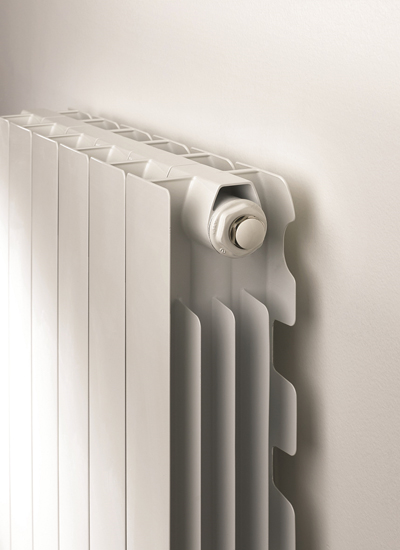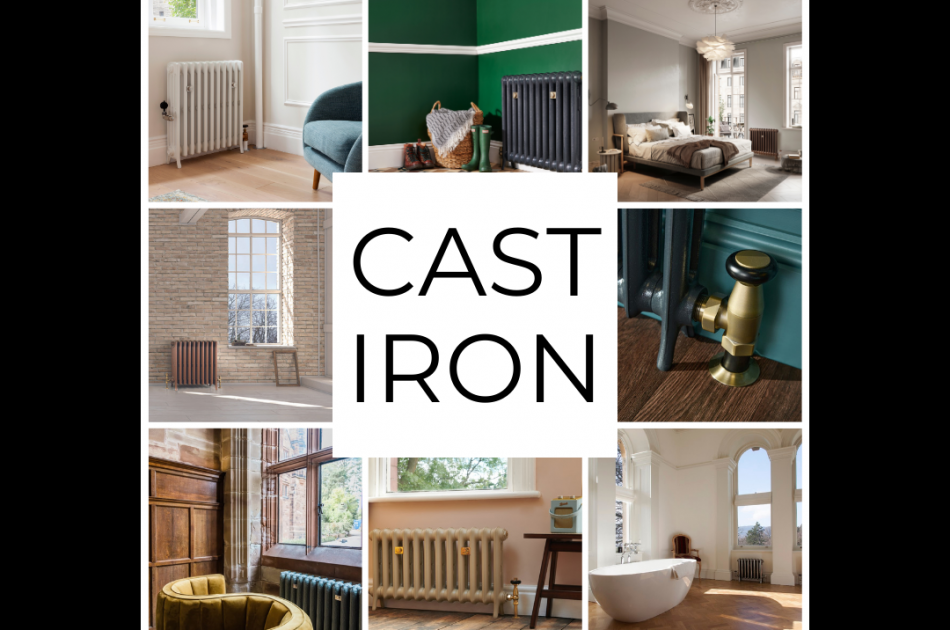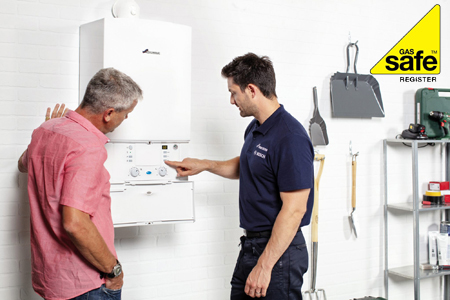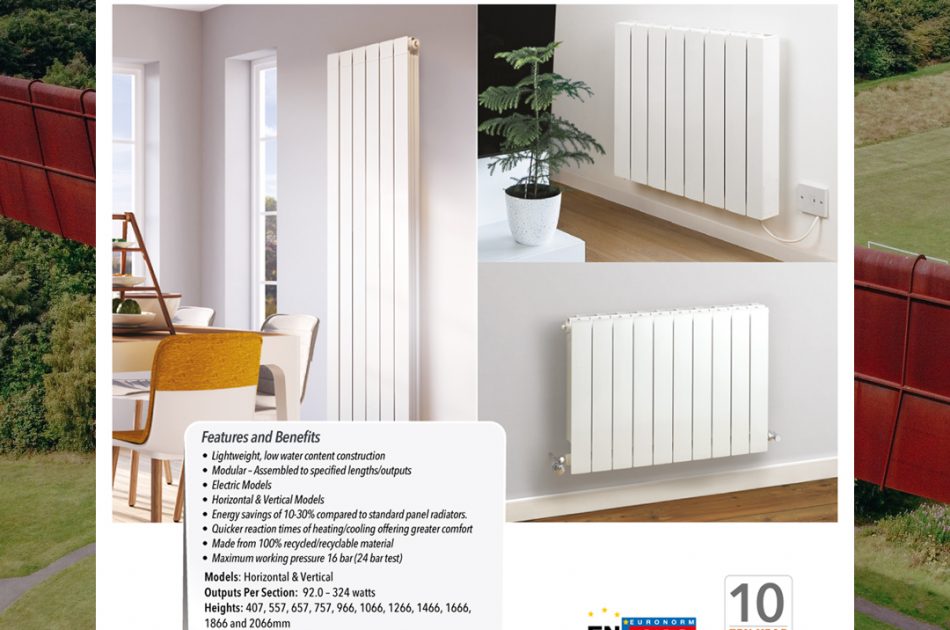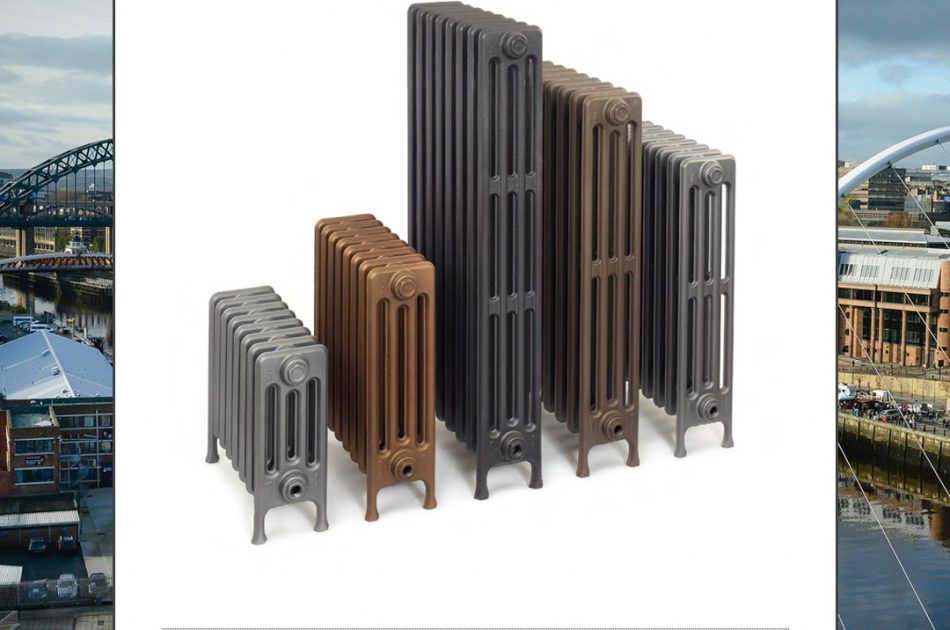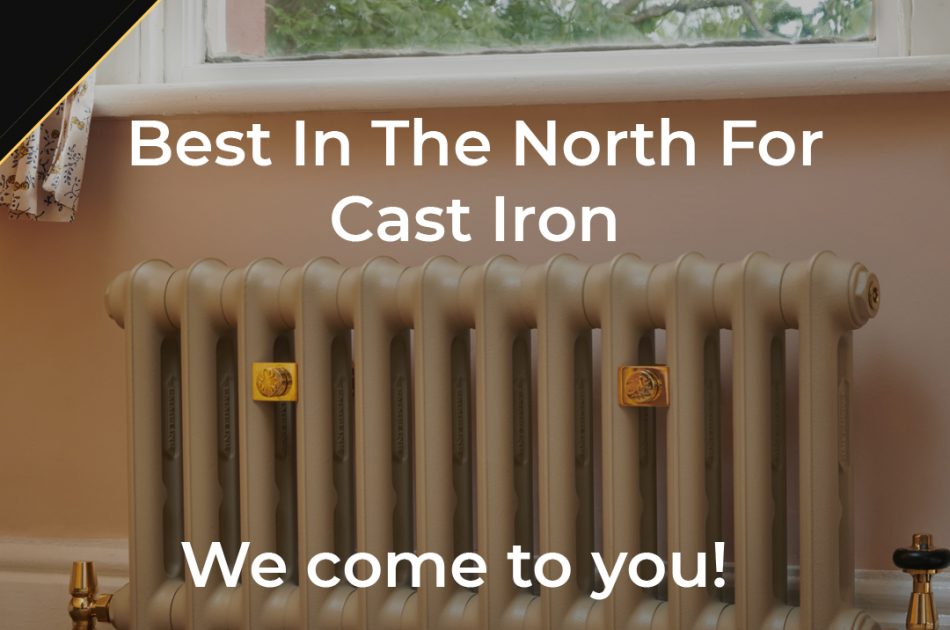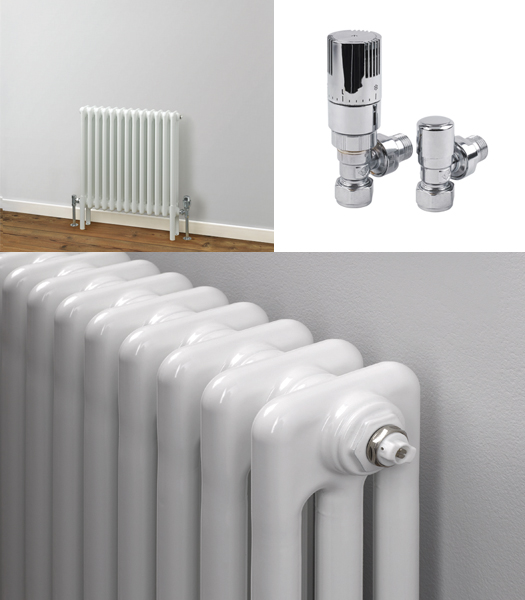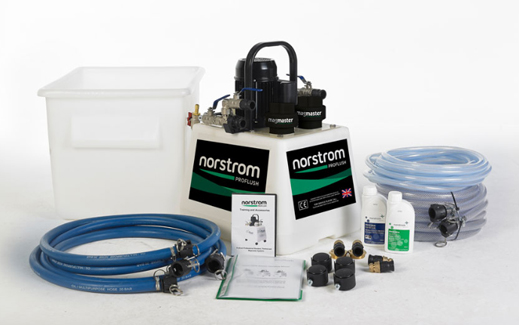The Ultimate Guide to Energy Efficient Radiators: Save Money and Stay Warm
Why Energy Efficiency Matters With rising energy costs and growing concerns about the environment, making your home more energy-efficient has never been more important. One of the easiest ways to improve efficiency is by upgrading your radiators. In this guide, we’ll explain how energy-efficient radiators can help reduce your heating bills, increase comfort, and minimize...Continue reading→
Cast Iron Radiators: Hot Topic!
Cast iron radiators are the hot topic right now! With us, they're also available in bespoke sizes and colours! We offer a free, no obligation, home survey where we'll measure everything for you, offer advice on locations & relocations and calculate your BTU ratings. On top of that we also bring samples so you can...Continue reading→
Maintaining Your Combi Boiler
You may or may not know that there are some things you can do to help maintain your combi boiler between services! So, to help you get started, we've created an easy to follow list of checks. If you spot anything out of the ordinary your way the way, you should call in a local...Continue reading→
Aluminium Radiator Brochure – Decoral
It's here! Our brand new Decoral aluminium range brochure! https://brochure.theradiatorshed.com/trs-decoral-brochure.pdf They're fast, energy efficient, recyclable and all laid out in our high quality digital PDF. Is aluminium the perfect fit for your home? We've laid out the features and benefits for you, so why not find out?Continue reading→
Radiator Delivery And Installation
We're your one-stop shop for survey, delivery & installation. Get in touch now and we'll bring the samples, measure up, quote, deliver and arrange the installation. Survey & delivery are free, and we can include the installation into your quote and make all of the arrangements. All radiators professionally installed by our perfect partner Ecoflame...Continue reading→
Cast Iron Radiator Brochure
Download our brand new cast iron brochure & price guide from our Brochures & Galleries page. The best in cast iron packed into a high quality digital PDF, from the best supplier in the North. If you love cast iron as much as we do, then the only place to head is The Radiator Shed....Continue reading→
Best In The North For Cast Iron Radiators
Our tried and tested range of high quality cast iron radiators are bringing warmth to homes all across the North East. We have the designs, colours, shapes and sizes to suit all of your cast iron needs. All sourced and manufactured in Europe. Give us a call and have our expert bring samples & measuring...Continue reading→
We’ve Gone Mobile!
We've gone mobile! Get in touch now and we'll bring the samples, take the measurements, calculate your BTUs and deliver direct to your door! It couldn't be easier! Book your no obligation survey now to take advantage of our discounted prices: no showroom costs included!
November Special Offer
November "Winter Ready" Promotion! Get an Italian-made 3 column, 600/600mm, Fitzrovia White with FREE chrome angled TRVs (thermostatic valves) and FREE delivery for just £298! RRP: £610. Warm your home this Winter with one of our best selling Italian-made radiators. Just get in touch with our experts, place your order, and have it delivered FREE...Continue reading→
Power Flushing
The Norstrom Proflush system is one of the best power-flushing machines on the market, sold on the Corgi Direct website and constantly recommended on the most recognized UK plumbing forums. The filtration unit has easy to remove magnets that not only reduce the chance of any debris re-entering the boiler which, may cause early failure,...Continue reading→

